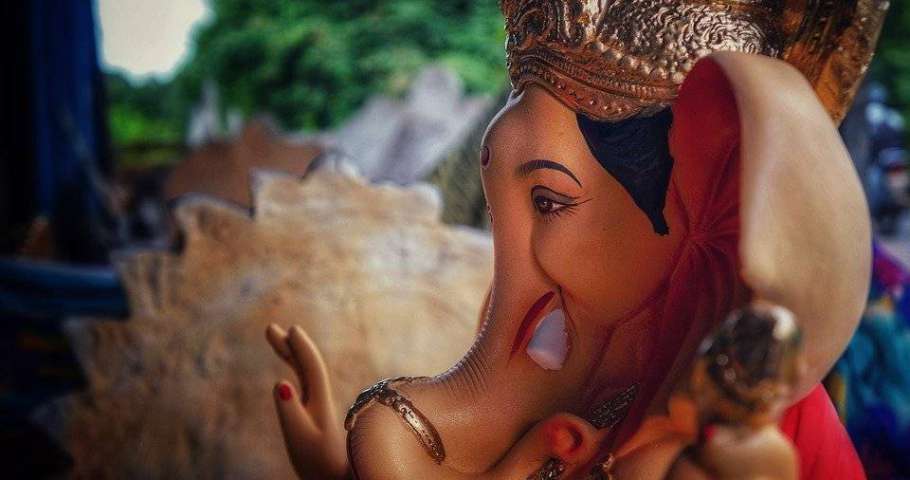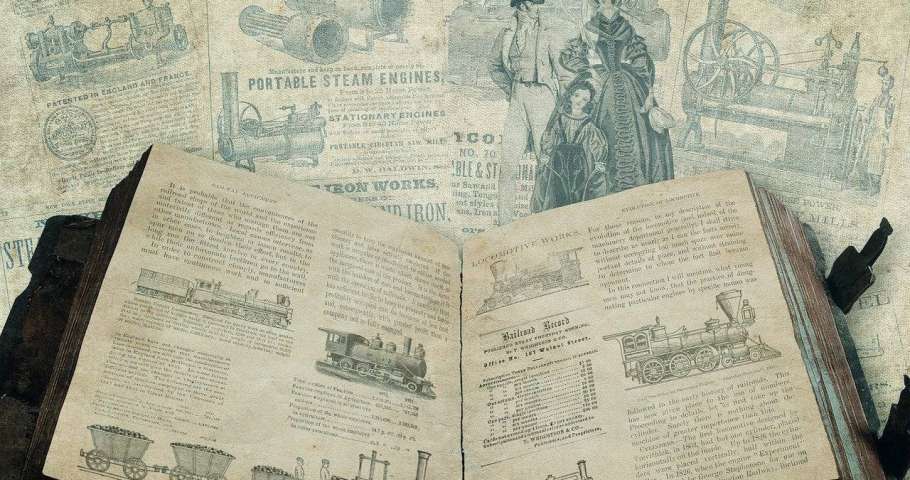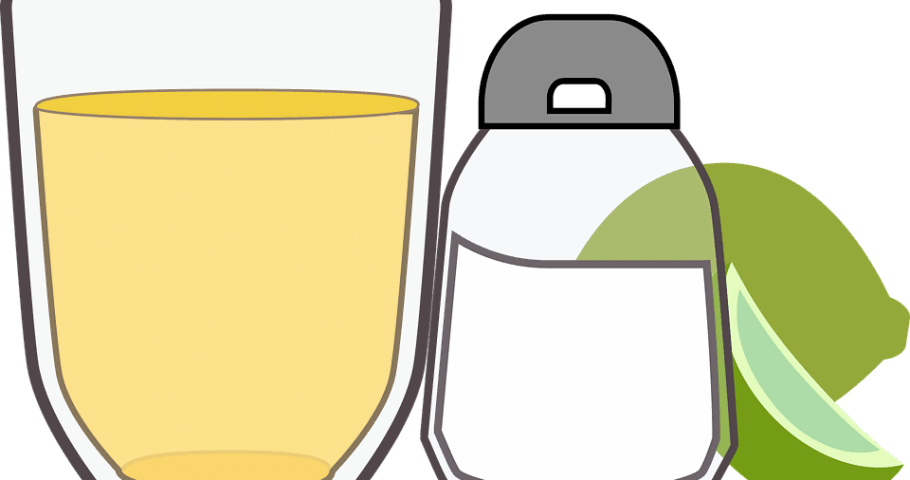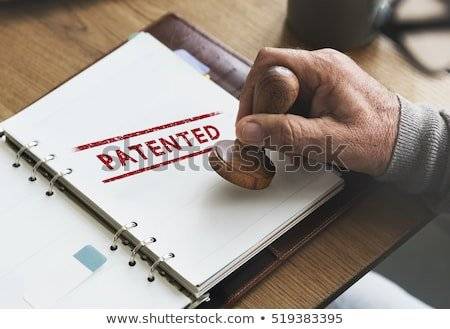Hello fellow foodies! What a day it is, Eid Mubarak to all our readers!
Eid is known as the festival of sacrifice that marks the end of Haj, and the cuisine is a very important part of the celebrations. Biryani, sevyian, sheer khurma and other delectable dishes make Eid a very special day for food connoisseurs. So, on this day we bring to you a couple of patents claiming inventive, healthy preparations, from China and USA.
CN102726685A/en
Muslim fast food grabbing rice and…








